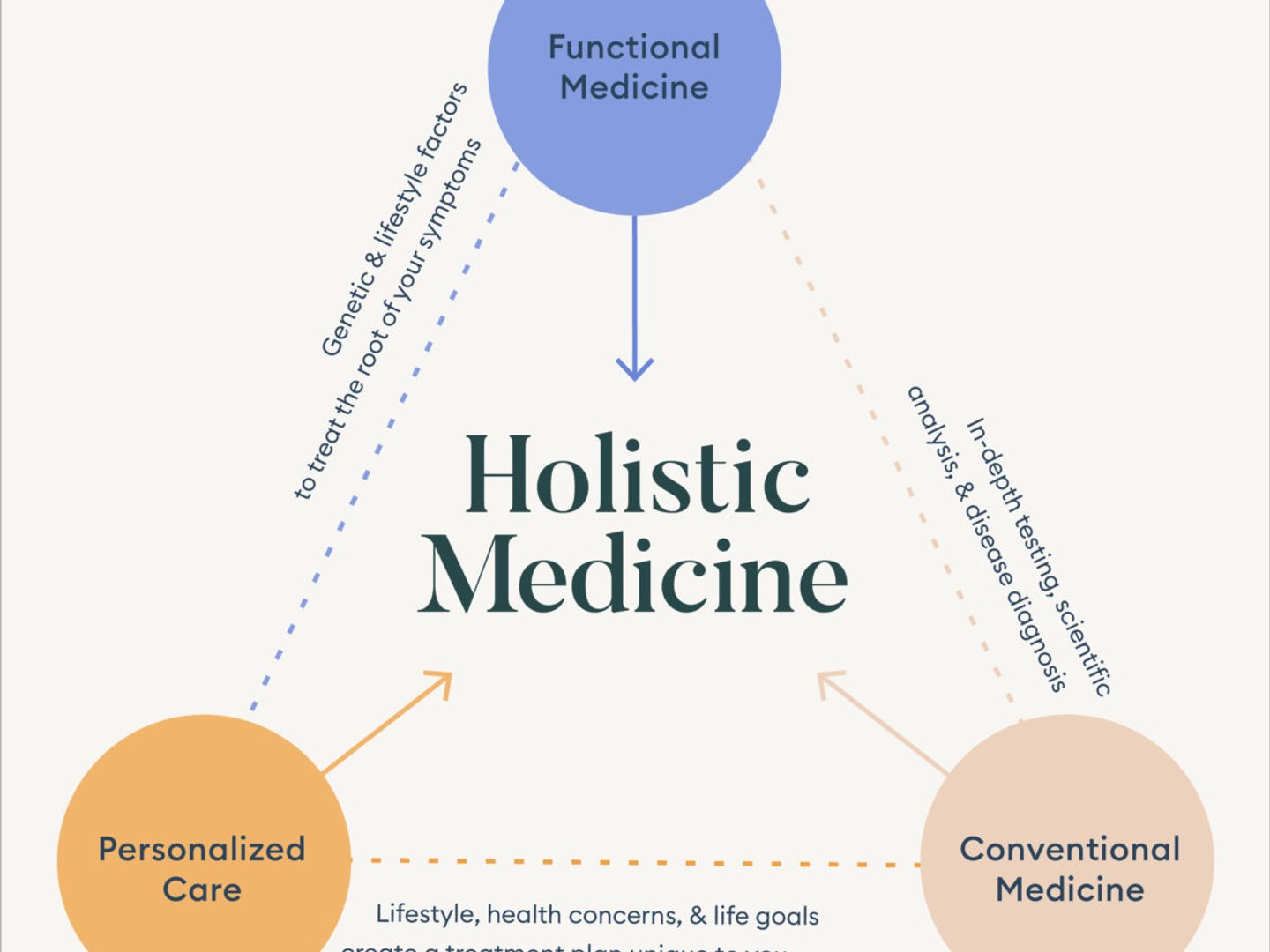
Telehealth Transformations: Accessible Healthcare Anywhere

Revolutionizing Healthcare: Telehealth Transformations
In an era marked by technological advancements, telehealth services have emerged as a transformative force, reshaping the landscape of healthcare delivery. This article explores the multifaceted impact of telehealth, ranging from increased accessibility to the potential for more personalized and efficient healthcare solutions.
Accessibility Redefined: Breaking Geographical Barriers
Telehealth services have become a beacon of accessibility, especially for individuals in remote or underserved areas. Patients no longer face the hurdle of geographical distance when seeking medical consultations. Through telehealth, healthcare professionals can extend their reach, providing timely and crucial medical advice to those who may have otherwise struggled to access it.
Virtual Consultations: The Rise of Remote Healthcare
The cornerstone of telehealth is virtual consultations, enabling patients to connect with healthcare providers from the comfort of their homes. This not only reduces the burden on physical healthcare facilities but also enhances patient convenience. Virtual consultations offer a wide range of medical services, from routine check-ups to specialized consultations, fostering a more patient-centric healthcare model.
Telemedicine Technologies: A Diverse Toolbox
Telehealth encompasses a diverse range of technologies, each contributing to the seamless delivery of healthcare services. From video consultations to remote monitoring devices, telemedicine technologies empower both healthcare professionals and patients. These innovations enhance diagnostic accuracy, enable real-time health monitoring, and provide valuable data for personalized treatment plans.
Chronic Disease Management: Continuous Care from Afar
Telehealth plays a pivotal role in chronic disease management, offering continuous care for individuals with long-term health conditions. Remote patient monitoring allows healthcare providers to track vital signs, medication adherence, and overall health status. This proactive approach not only improves patient outcomes but also reduces the frequency of hospital visits.
Mental Health Support: Bridging Gaps in Accessibility
Telehealth services have been a game-changer in mental health support. By eliminating geographical barriers and stigma associated with seeking mental health services, telehealth fosters a more inclusive approach to mental well-being. Virtual therapy sessions and mental health consultations enable individuals to access support when they need it most, contributing to improved mental health outcomes.
Emergency Consultations: Swift Access to Critical Care
In emergency situations, time is of the essence. Telehealth facilitates swift access to critical care by enabling remote consultations during emergencies. Whether it’s assessing the severity of symptoms or providing initial guidance, telehealth ensures that individuals can connect with healthcare professionals promptly, potentially preventing complications and expediting necessary interventions.
Patient Empowerment: Active Involvement in Healthcare
Telehealth empowers patients to take a more active role in managing their health. With access to medical information, personalized health data, and virtual consultations, individuals are better equipped to make informed decisions about their well-being. This shift towards patient-centric care enhances health literacy and fosters a collaborative healthcare relationship.
Technological Challenges and Solutions: Navigating the Digital Landscape
While telehealth brings unprecedented benefits, it also presents technological challenges. Issues such as connectivity, data security, and technology literacy need to be addressed. Healthcare providers and technology developers are continually working to enhance telehealth platforms, ensuring a seamless and secure experience for both healthcare professionals and patients.
Imex Associates: Pioneering Telehealth Advancements
Explore the transformative realm of telehealth services at Imex Associates. Our commitment to cutting-edge healthcare solutions, including telehealth, ensures that you receive accessible, efficient, and personalized healthcare services for optimal well-being.
In conclusion, telehealth services are catalyzing a paradigm shift in healthcare, offering a dynamic and accessible approach to medical consultations and support. As technology continues to advance, telehealth holds the promise of a healthcare future where geographical barriers are overcome, personalized care is prioritized, and patients actively engage in their health journeys.











